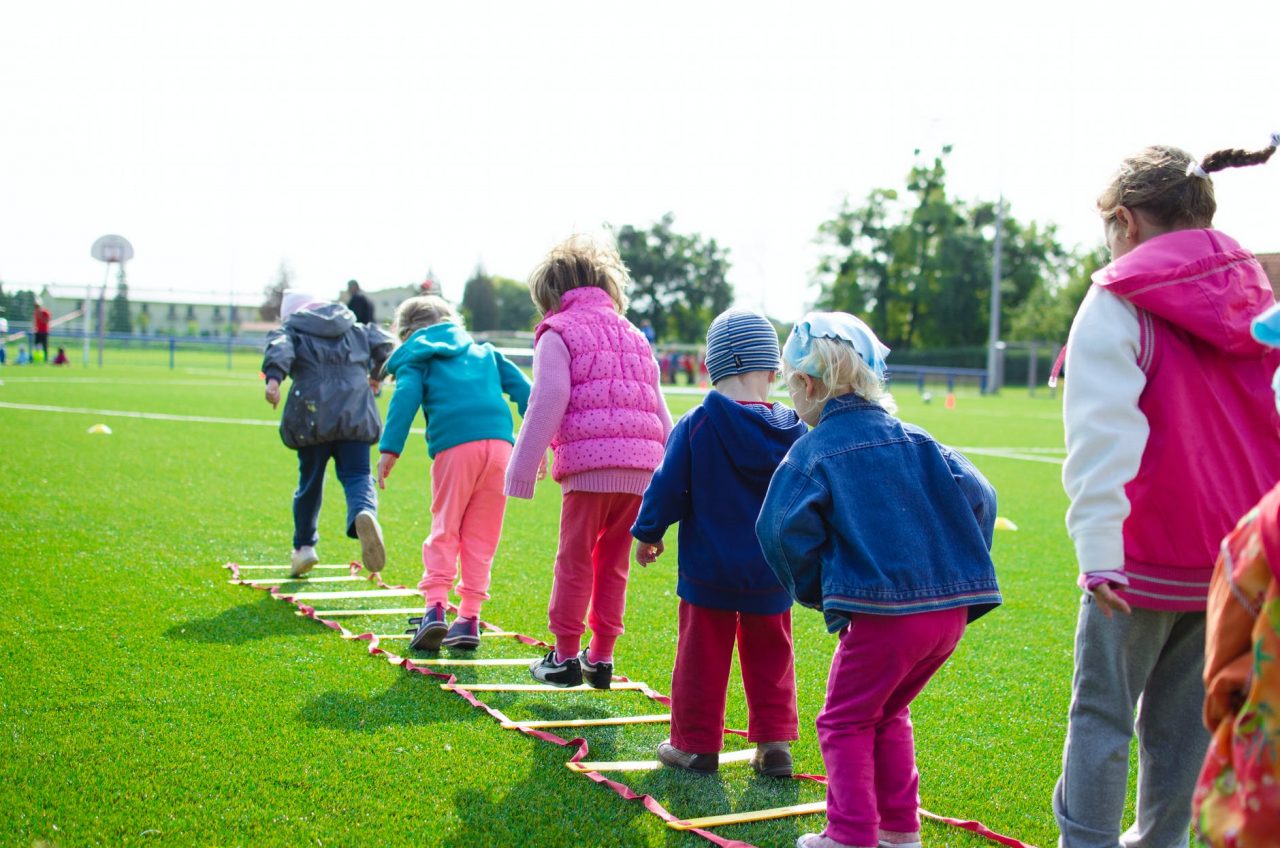If your child was recently diagnosed with hearing loss, you probably have a lot of concerns and questions. It’s completely normal to feel overwhelmed; fortunately, your child’s audiologist is ready to support you and address any and all of your child’s hearing needs. Below is a guide to help you better understand childhood hearing loss.
How Common Is Childhood Hearing Loss?

There is no clear answer exactly how many children in the U.S. and around the world have hearing loss. One study called “Prevalence of Hearing Loss Among Children 6 to 19 Years of Age” sought to uncover the answer. Researchers examined national population-based cross-sectional surveys, in-person interviews and audiometric testing of a total of 6,166 children ages 6 to 19 years old. They found that 14.9% of children had low-frequency or high-frequency hearing loss of at least 16 decibels.
The World Health Organization estimates that nearly 60% of childhood hearing loss is due to preventable causes, and approximately 1.1 billion young people are at risk of hearing loss due to noise exposure in recreational settings.
What Are the Causes of Childhood Hearing Loss?
Babies can be born with hearing loss (congenital), or it can develop later in life (acquired).
Congenital Hearing Loss
Congenital hearing loss can be broken down into genetic factors and non-genetic factors.
Genetic factors include:
- Autosomal recessive hearing loss: Neither parent has hearing loss but both carry a recessive gene for hearing loss
- Autosomal dominant hearing loss: One parent who may or may not have hearing loss carries a dominant gene for hearing loss
- Genetic syndromes: Including Usher syndrome, Treacher Collins syndrome, Waardenburg syndrome, Down syndrome, Crouzon syndrome and Alport syndrome
Non-genetic factors include:
- Birth complications
- Prematurity
- Nervous system/brain disorder
- Use of ototoxic drugs by mother during pregnancy
- Infection during pregnancy
- Maternal diabetes
- Drug or alcohol abuse during pregnancy, including smoking
Acquired Hearing Loss
Children may also acquire hearing loss later in life. Common causes of acquired hearing loss include:
- Perforated eardrum
- Otosclerosis
- Meniere’s disease
- Infections like meningitis, measles, mumps or whooping cough
- Ototoxic medications
- Head injury
- Exposure to excessive noise
- Untreated/frequent middle ear infections
- Secondhand smoke exposure
Importance of Addressing Childhood Hearing Loss
Hearing ability helps children develop speech and language skills. Therefore, early intervention is critical. If you suspect your child may have hearing loss, be sure to seek prompt treatment so they don’t fall behind at West Seattle Elementary School. For more information about childhood hearing loss or to schedule an appointment, call Evergreen Speech & Hearing Inc today.